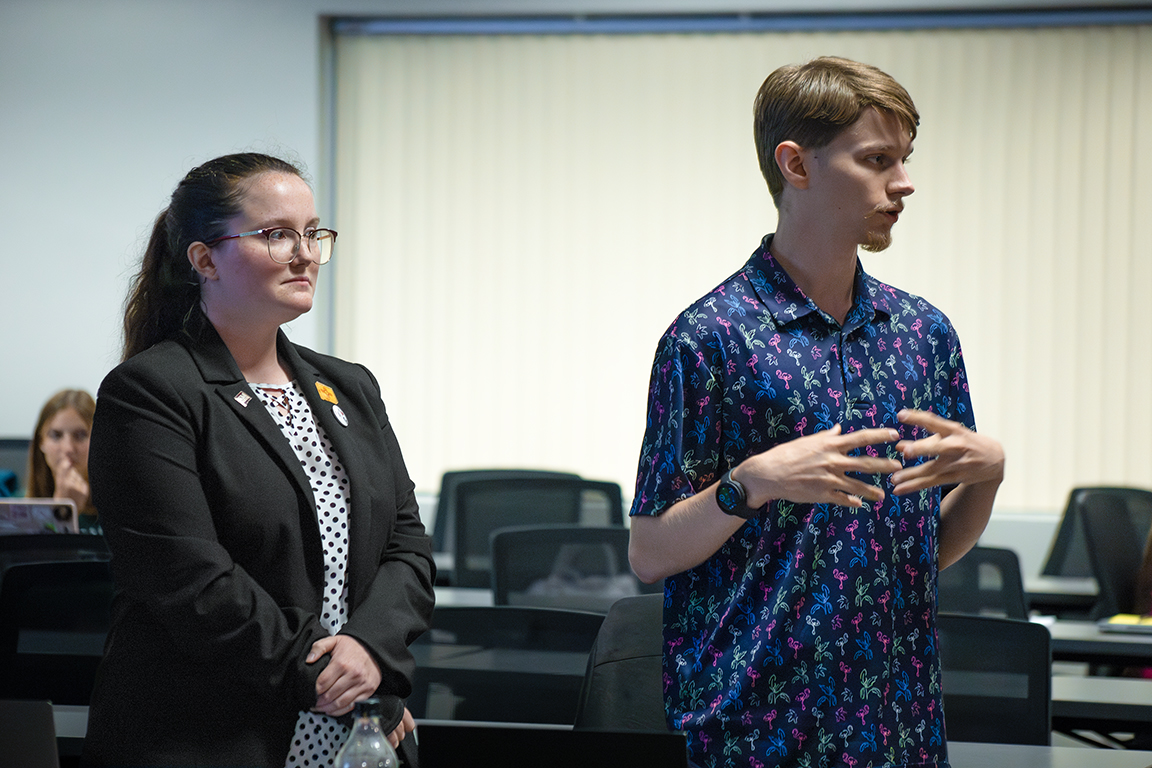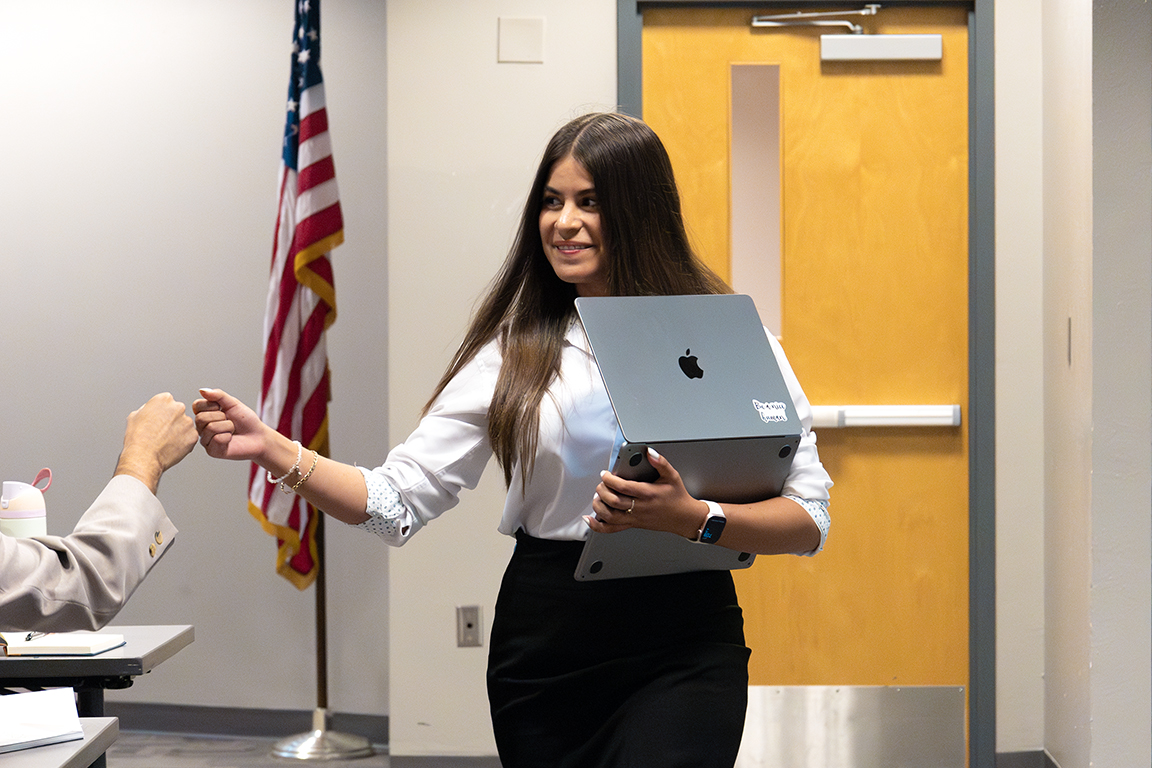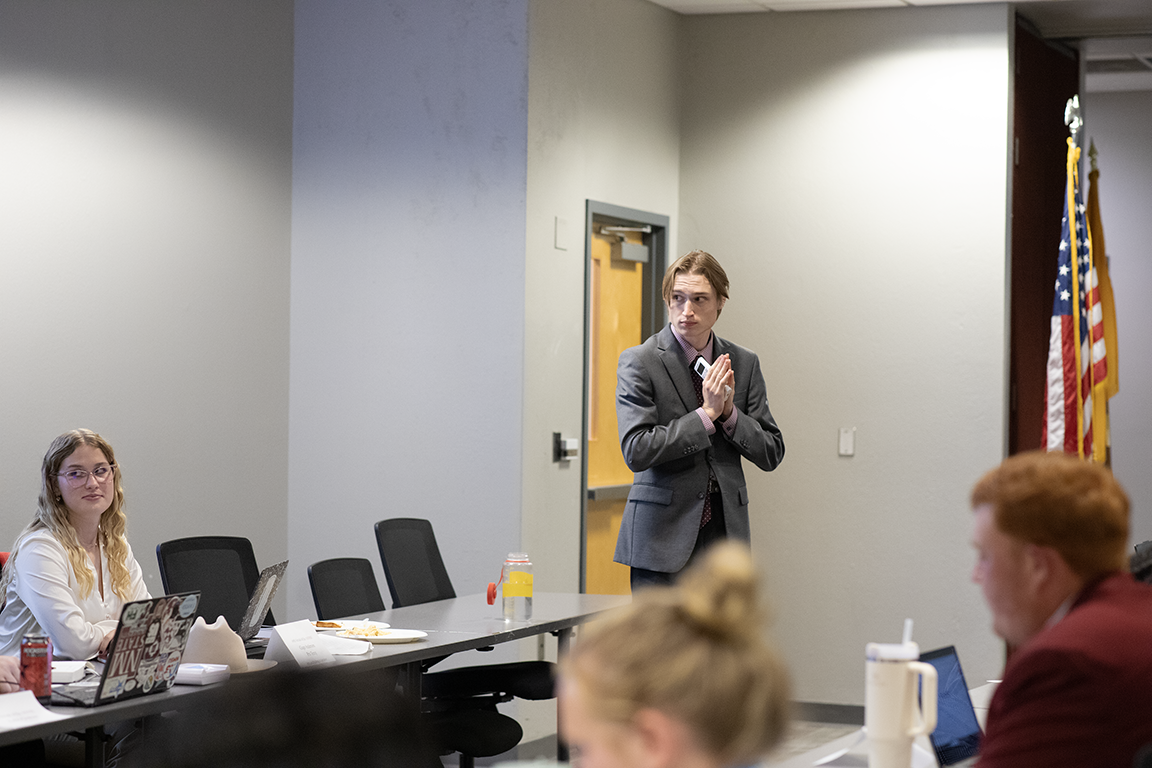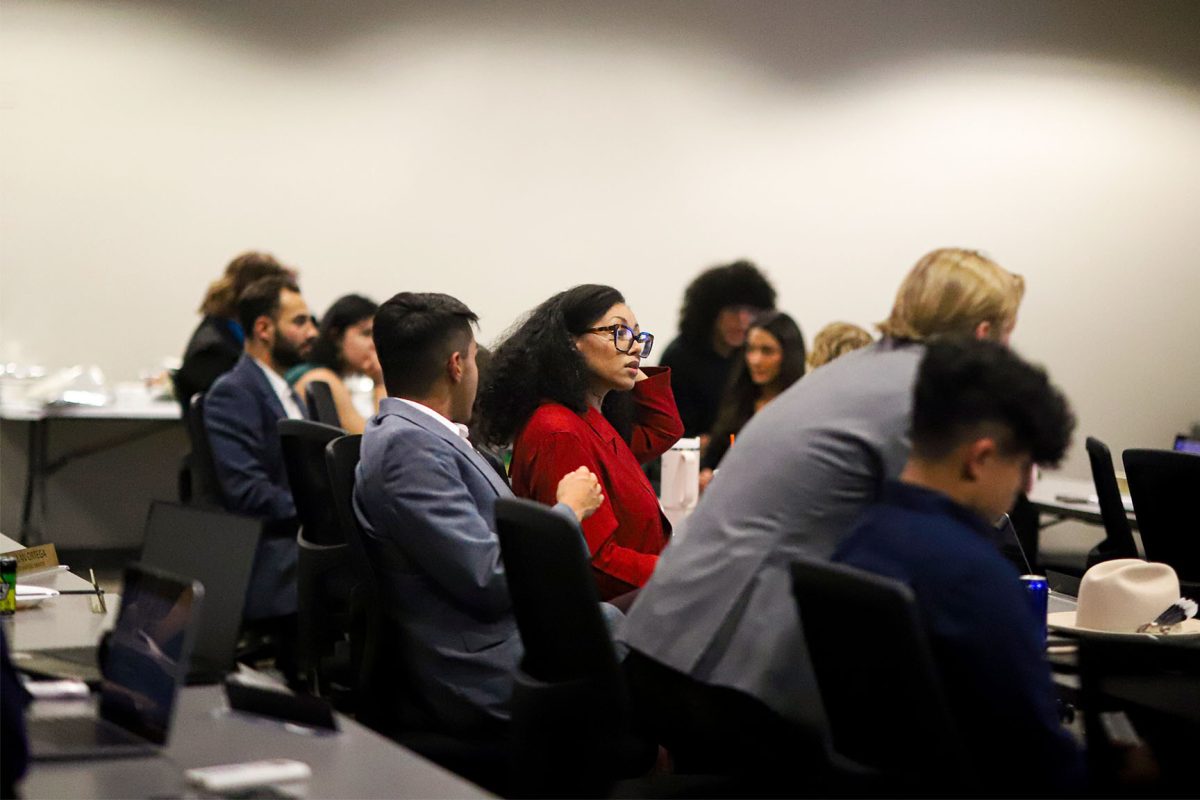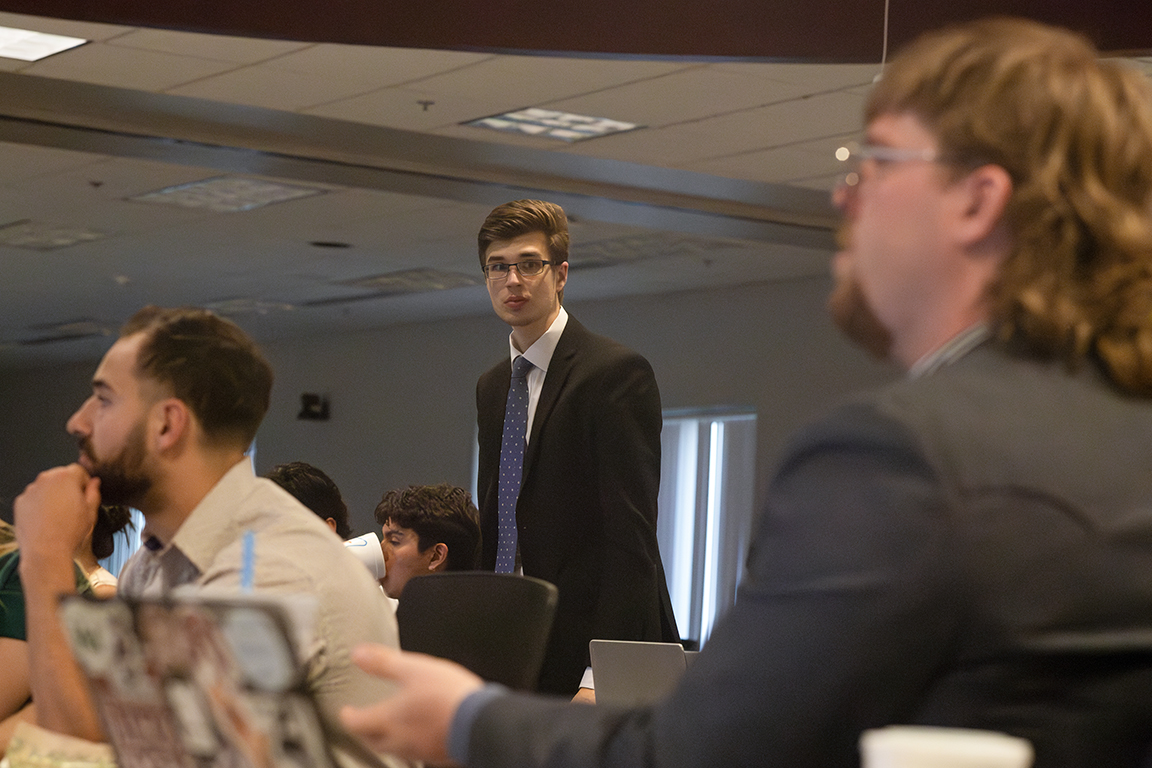The 68th Senate of the Associated Students of New Mexico State University convened on Sept. 19, 2024, to discuss several concerns regarding undergraduate and graduate recommended expenditures in sub-bill 50.
Before the senate meeting, NMSU students were eligible to receive an expenditure of $800 for undergraduates and $1,000 for graduate students.
For context, ASNMSU provides reimbursements for student expenditures throughout the academic year. These reimbursements are meant to cover non-negotiable student expenses such as flights, conference fees, or gas mileage. These compensations are intended to ease the financial burden on NMSU students.
During the discussion on the senate floor, undergraduate senators argued that graduate students do not need more money than undergraduates. Many undergraduate senators believed that giving more funding to graduate students would be unfair to undergraduate students.
Earlier that week, the Graduate Student Council convened to discuss the topic and take a vote on the issue. Anna Harmon, president of the Graduate Student Council weighed in on the topic.
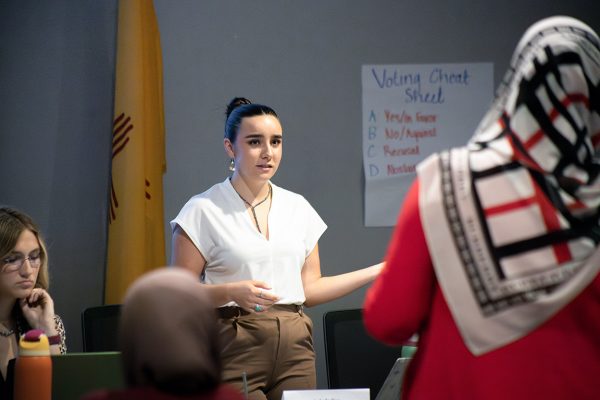
“We had fifty graduate students in attendance of that meeting, all fifty voted against the bill,” Harmon said.
She said that lowering the expenditure makes it more difficult for graduate students to attend conferences. She also mentioned that since the majority of undergraduate classes are taught by graduate students, attending those conferences is a necessity. She emphasized that lowering the expenditure would be unfair to those students.
On the Senate floor, senator Rahaf Ben Ali argued against increasing graduate student expenditures.
“I understand the previous sentiments, though I would like to point out to everybody we give more to GSC than any other college council,” Ali said. “I feel that it is unfair, that my constituents who are international students cannot receive the same funding as international graduates.”
Harmon pointed to the open memo drafted by the GSC, where she said to prevent the graduate expenditure from being lowered, the GSC has suggested to increase funding for undergraduates, implement tiered conditional funding, or increase student fees.
While Harmon acknowledged that she did not want to see unequal funding for undergraduate students, she pointed out that there are potential initiatives proposed by the GSC memo that ASNMSU can take to find solutions.
“We are not opposed to having undergraduates funded,” Harmon said. “This is a topic that people seem to think we might support, and that’s not true at all.”
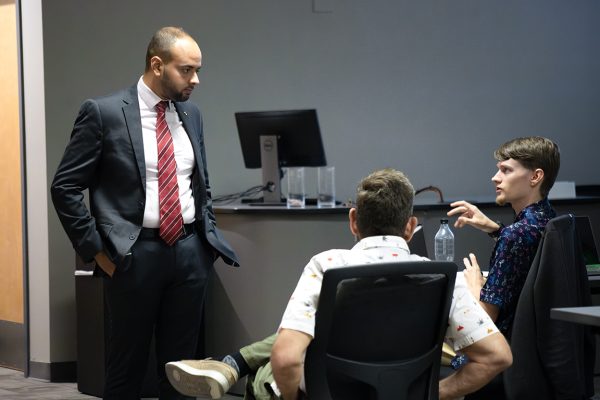
Jay Choate, the vice president of GSC added to the conversation, where he said there is also a better way to frame the issue.
“I have concerns about the way it’s being framed as grads and undergrads,” Choate said. “I think it is better to frame it as
academic and non-academic. I think the purpose of school and university is to expand our academic experience and knowledge, and because of that, I think we should focus our funds on guaranteeing students who want that.”
Senator Banihani from the graduate college echoed both Harmon’s and Choate’s sentiments. She also emphasized frustrations that graduate students do not make enough money to pay things such as tuition and travel for conferences. Banihani’s comments come after other senators argued to lower the expenditure.
“We do a lot, we are the backbone of NMSU,” she said. “We do a lot for this university. We work hard to keep our GPAs up to keep our jobs and salaries. Our salaries can’t pay our tuition. So, I see this as very unfair. If I am required to attend a conference, why am I required to pay for this from my own pocket?”
There remains considerable disagreement among senators. Chair Getchell pointed out that although there are substantial financial burdens on graduate students. She argued to reduce the graduate expenditure.
“People make those choices knowing their own financial situation,” Getchell said.
The senate voted to lower the graduate expenditure from $1,000 to $900, while the undergraduate expenditure was raised from $800 to $900.
Harmon wanted to emphasize her support for what funding students still have, however, she mentioned that she is not looking forward on breaking the news to graduate students.
“I’m grateful that it’s still that much, but it is going to be difficult to explain to the graduate student population,” Harmon said.


